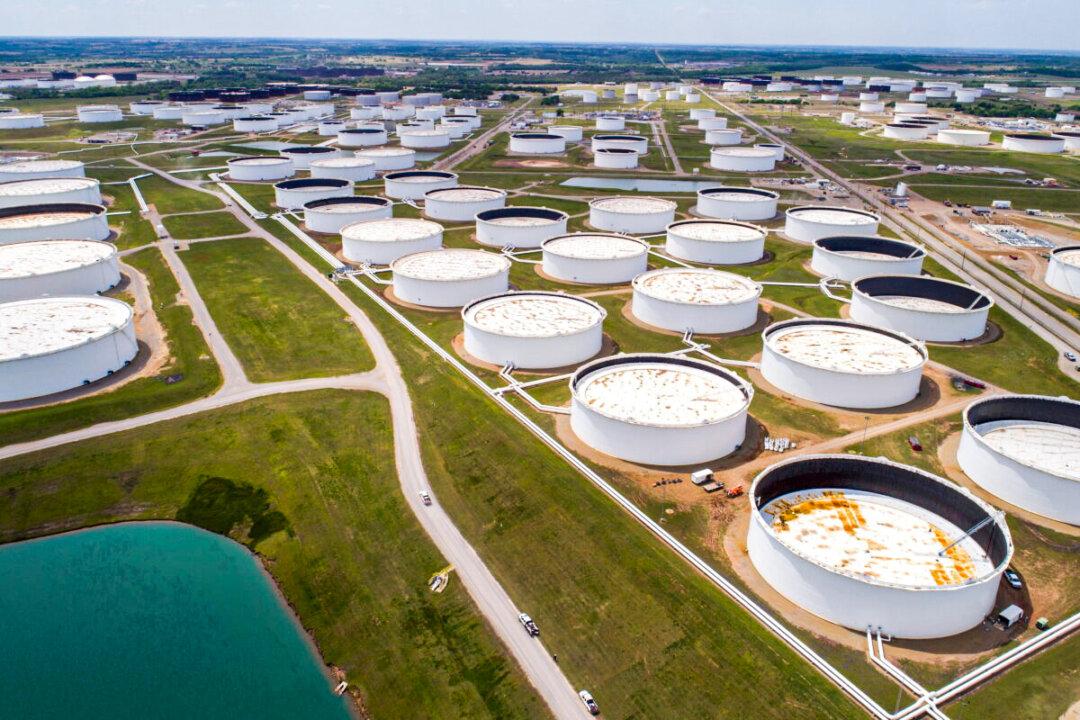LONDON—Oil prices rose on Monday as positive signs for global economic growth supported the outlook for energy demand, while Saudi Arabia’s state-owned producer Aramco raised the official selling price for its crude.
Brent crude was up by 91 cents, or 1.1 percent, at $83.65 a barrel at 1028 GMT, after dropping nearly 2 percent last week. U.S. oil gained $1.13, or 1.39 percent, to $82.40, having declined almost 3 percent through Friday.





